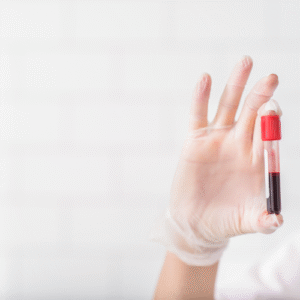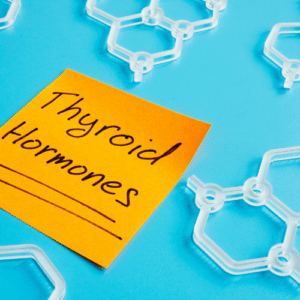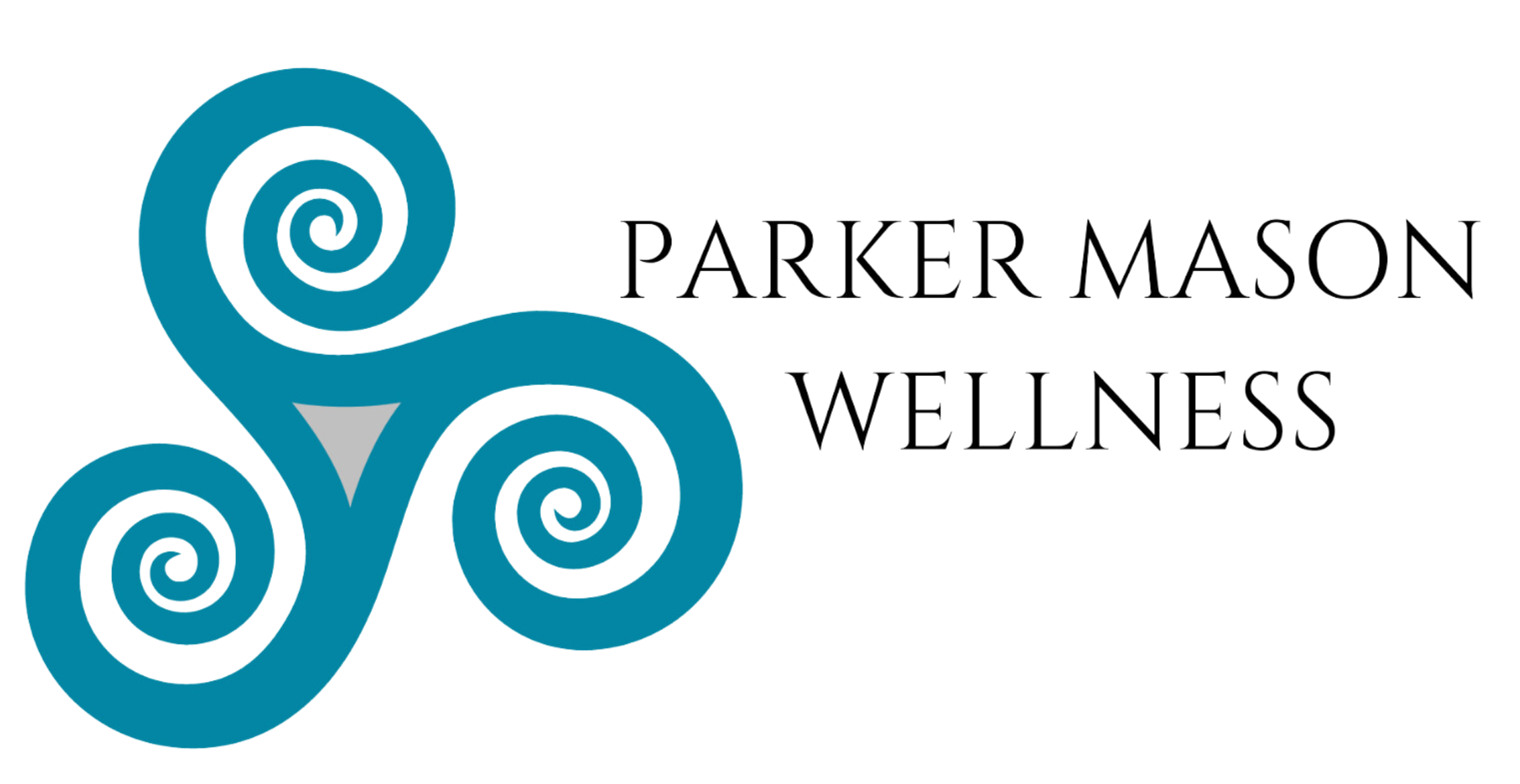Thyroid Series, Part 2:
How Do You Start Feeling Like Yourself Again?
Are you tired of feeling exhausted, foggy, and out of control in your own body? How do you treat Hypothyroidism and start feeling like yourself again?
You finally have answers. Your thyroid is not working the way it should. Now what? Maybe you were offered a pill. Maybe you were told you would have to take it forever. But what if there is more to it than that?
Treating hypothyroidism is not just about replacing hormones. It is about healing the body as a whole. Your thyroid is part of a bigger picture. When you take care of inflammation, stress, and nutrition, everything works better. Even your thyroid.
Step 1: Lower Inflammation
Chronic inflammation is one of the biggest drivers of thyroid problems. It can lead to autoimmune disease like Hashimoto’s. It can also slow down your body’s ability to use thyroid hormone.
You can lower inflammation by:
- Eating whole foods with lots of vegetables
- Cutting back on processed sugar and refined oils
- Adding anti-inflammatory foods like olive oil, salmon, turmeric, and berries
- Supporting gut health with fiber and fermented foods
- Avoiding gluten if you have autoimmune thyroid disease
Even small changes can make a big difference over time. Healing is not about being perfect. It is about being consistent.
Step 2: Lower Cortisol
Stress is not just in your head. It affects every system in your body. High cortisol can block the brain’s signal to the thyroid. It can also slow the conversion of T4 to T3. That means even if your labs look okay, you can still feel sluggish and foggy.
Ways to lower cortisol include:
- Getting 7 to 9 hours of sleep
- Taking daily walks in nature or sunlight
- Practicing deep breathing or meditation
- Setting boundaries with work and technology
- Making time for things you enjoy
When your body feels safe, your hormones start to rebalance.
Step 3: Use the Right Thyroid Medication if Needed
Some people need medication to feel their best. That is okay. Thyroid hormone is not addictive. It replaces what your body is not making. The key is finding the right type and dose.
There are a few options:
- Levothyroxine: A synthetic version of T4. It is the most common prescription but may not work well for people who do not convert T4 to T3 efficiently.
- Liothyronine: A synthetic version of T3. Sometimes used with T4 for people who have low T3 or poor conversion.
- Natural desiccated thyroid: Made from animal thyroid and contains both T4 and T3. Some people feel better on this option, especially if they do not tolerate synthetic versions.
There is no one-size-fits-all approach. Your needs may change over time. A full thyroid panel can help guide your treatment.
It Is Not All in Your Head
You are not lazy. You are not making it up. Your body is telling you something. When your thyroid is off, everything feels harder. But with the right support, you can feel like yourself again.
Treating hypothyroidism is not just about chasing lab numbers. It is about supporting your whole body. Lowering inflammation. Managing stress. Giving your thyroid what it needs to heal and thrive.
Take the First Step Toward Better Thyroid Health
Don’t let fatigue, brain fog, or weight struggles hold you back. Discover what your thyroid is really telling you.
- Schedule your FREE Consultation with Parker Mason Wellness today.






